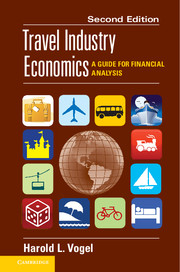Glossary
Summary
This abbreviated glossary has been mainly compiled, with permission, from The McGraw-Hill Dictionary of Economics, McGraw-Hill, New York, 1974. The Dictionary of Economic and Statistical Terms, U.S. Department of Commerce, was supplementary.
Aggregate: The familiar type of summary series shown in most statistical reports. Generally, it is a total, such as the gross national product or retail sales, but sometimes it is an average, such as the index of industrial production or the index of wholesale prices.
Amortization of debt: A gradual reduction of a debt through periodic payments covering the interest and part of the principal. Generally, amortization is used when the credit period is longer than a year. Common examples of amortization of debt are mortgage payments on homes, which extend over a period of 20 years or more.
Asset: A physical property or intangible right, owned by a business or an individual, that has a value. An asset is useful to its owner either because it is a source of future services or because it can be used to secure future benefits. Business assets are usually divided into two categories: current and fixed.
- Type
- Chapter
- Information
- Travel Industry EconomicsA Guide for Financial Analysis, pp. 277 - 292Publisher: Cambridge University PressPrint publication year: 2012



